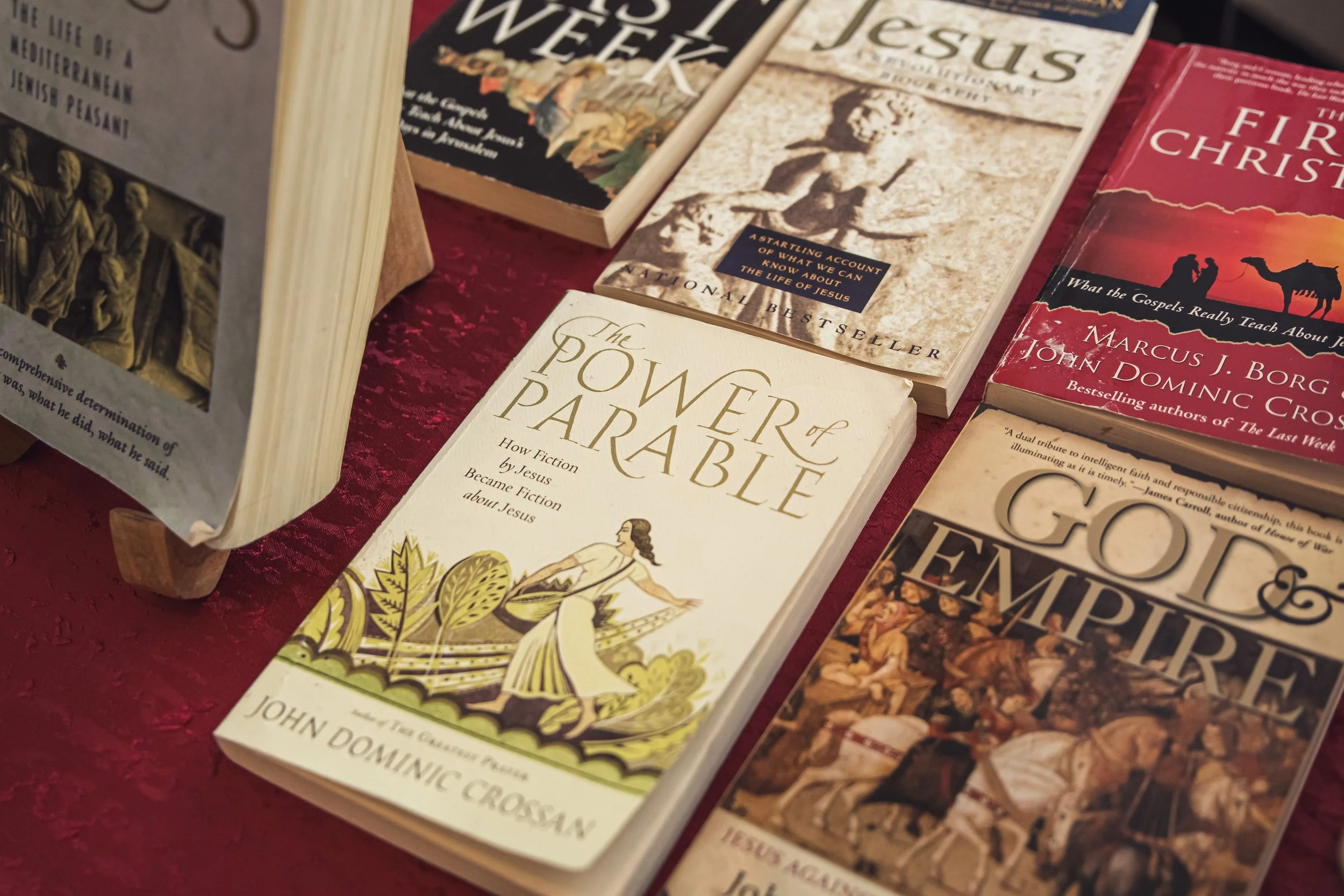liberation theology, catholic social teaching, & community organizing
RESOURCE LIBRARY
Resources from key partners
-
A key part of CSPL’s philosophy is that in order to be radically working for change in the world, you must be radically grounded in the spirit. The Center for Action and Contemplation offers an abundance of resources to be contemplatives in action. Their Engaged Contemplation course is an incredible resource for justice-seekers looking to deepen their contemplative practice.
-
CSPL’s intern, David Inczauskis, has created a podcast focused on liberation theology. Liberation theology is a key framework for CSPL’s work and is a necessary component of the Christian and Catholic life.
-
This resource offers critical perspectives and a historical framework for the Bible, including the extracanonical texts and Gospels. This helps us to understand the Bible in greater depth.
-
By Daryl Russell Grigsby, this book contains thirty-six portraits of contemporary Catholics that show how they have lived the eucharistic prayer, "Lord, make of us an eternal offering to you" in their commitment to the common good and to human flourishing.
-
Daily Prayer for Today’s Catholic
Subscribe online and use code “CSPL” for a 10% discount!
Give Us This Day is a monthly publication for today’s Catholic that helps you pray each and every day. Drawing inspiration from a multitude of voices, it provides a relevant and trustworthy understanding of Scripture.

Altar Theology || A Brief Background
CSPL Membership Meeting | October 2022
Hebrew word "mizbēaḥ" for "altar" is derived from the root word "zbh" meaning "slaughter" but most animal sacrifices were done near the altar but not on it.
In the Ancient Near Eastern world, altars were used to keep the deities content with food and drink.
Israelites inherited this tradition of meeting the needs of the Divine but significantly expanded this understanding to invoke and encounter God at the altar.
Altar traditions also exist in African and Latin American cultures, and continue today.

Indigenous People’s Day
From CSPL’s October 2021 Membership Meeting

Dolores Huerta & Ella Baker: Latina and Black Female Movement Leaders
From CSPL’s February 2021 Membership Meeting

Moving Forward from the First Trump Administration
How will CSPL and our fellow justice leaders move forward after the 2016-2020 Trump administration?
From CSPL’s November 2020 Membership Meeting

Conscience, liberation and Paulo Freire’s Pedagogy of The Oppressed.
Discussing conscience and liberation from Paulo Freire’s book Pedagogy of The Oppressed.
From CSPL’s October 2020 Membership Meeting



